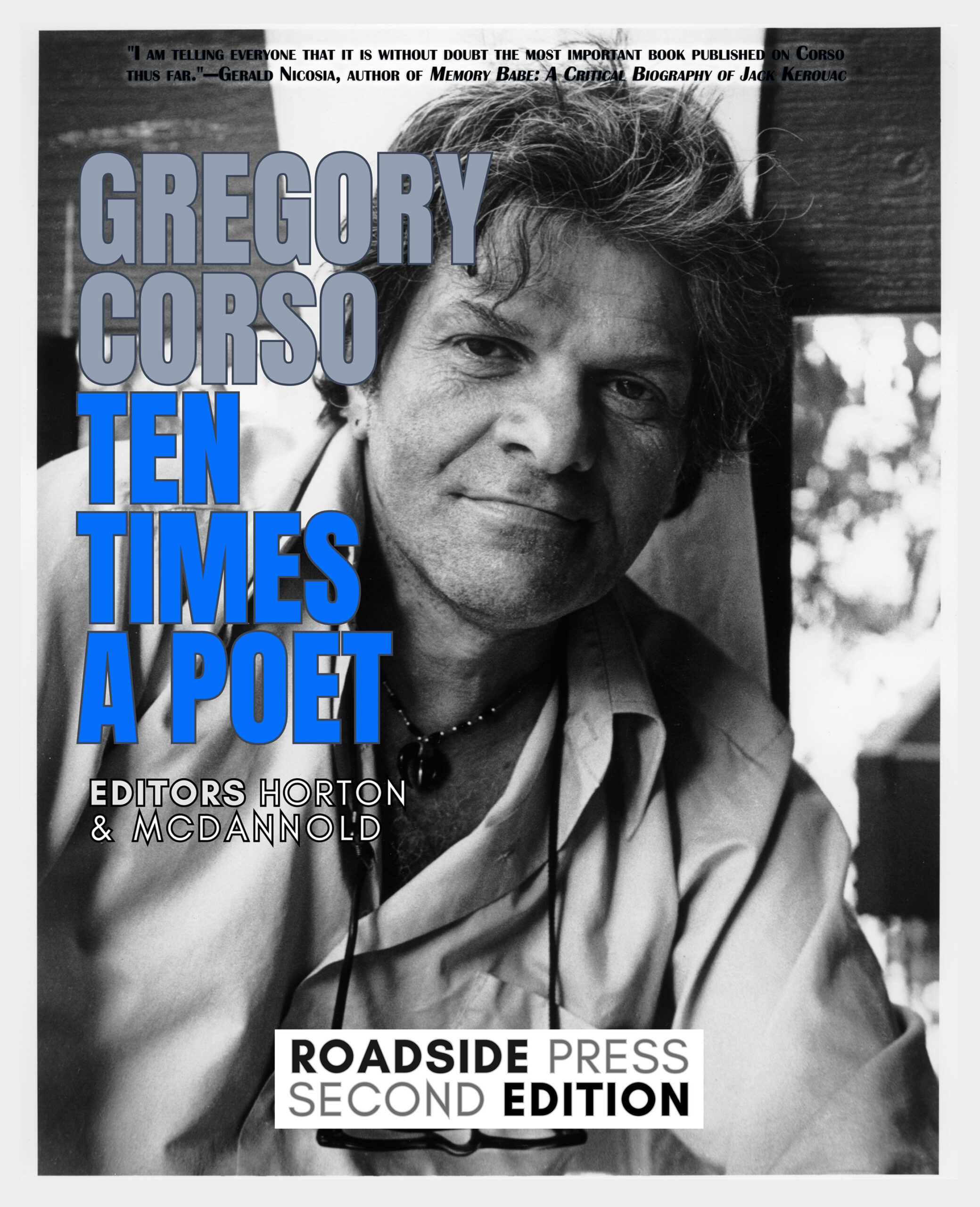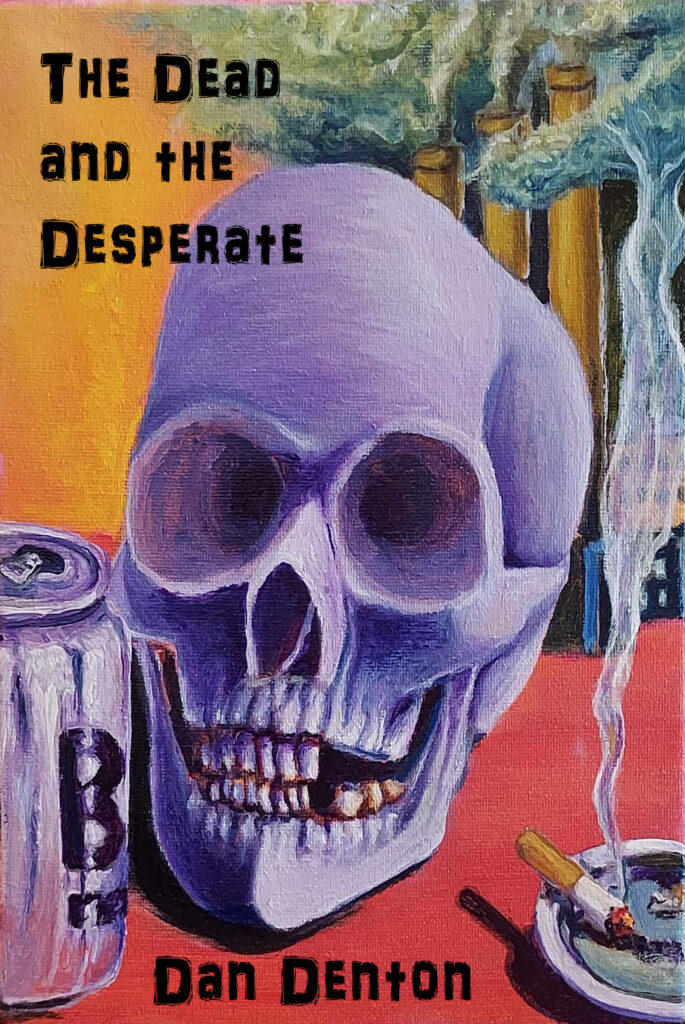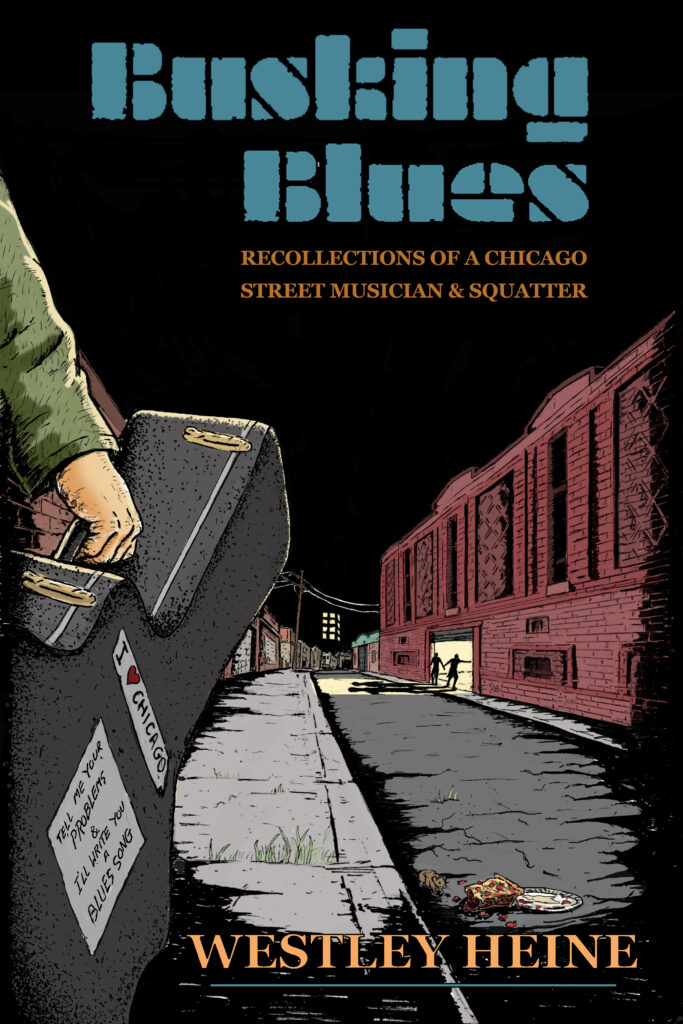first published in Rat’s Ass Review https://ratsassreview.net/?page_id=4452
ON HAVING NO HEAD: JOHNNY CORDOVA’S THE BROKEN BUDDHA ( ROADSIDE PRESS, 2026 ).
One of the best books on Buddhism I ever read is Douglas Harding’s On Having No Head: Zen and the Rediscovery of the Obvious. I was reminded of this when reading Johnny Cordova’s forthcoming first book of poetry, The Broken Buddha (Roadside Press, 2026). This makes sense, considering that the literary forebears Cordova hangs out with are such as Li Po, Ryokan, Ikkyu, Jim Morrison, Indian fakirs, and sundry beggar poets. What they all have in common is that their spiritual journeys are embedded in the sensual floating world, sometimes ecstatic, sometimes heartbreaking, always true.
There aren’t many writers who can make a collection of poetry read like a lyric novella, but this is the effect of the book’s three sections, which take us from erotic adventures in Thailand in “All Night Rain,” through his spiritual tours in India in “Sketches of India,” then back to the roots of an American upbringing (and downfalls) to see where it all began and may end in the final section called “Ashes.”
The Broken Buddha of the title poem serves as the controlling metaphor and synopsis of the poet’s story, how he identifies with an ancient Burmese statue that he finds in a public bazaar. It had been broken, he speculates, by some careless monk, only to be cast off as trash and then to languish in the marketplace for years until:
I bought him because I too missed a step
and went crashing down some stairs
my love in my arms
and could not be put back
together.
Thus the ensuing exploration of getting entangled in the “red thread of passion between one’s legs” in Thailand, the search for clarity and reparation in India, and a narrative resolution at home as he finds forgiveness in the ashes of the bridges he has burnt in his life, and above all in the ashes of his young daughter whose death was a breakage that could only be repaired by repairing his life.
If we are honest, though, we are all broken, just as we are all Buddha. One loses one’s head, unable to see ourselves except from the partial perspective of a disembodied self-awareness. But this perspective can be made whole again, if only we embrace our whole selves, body and mind. We can put our heads back on. Losing it can be painful, but as Harding explains, also necessary for any awakening that comes with spanking the ego. The repair serves as a reminder of what egregious errors we humans are capable of, but also how they teach us lessons we might otherwise have missed out on. I should point out that Cordova never comes off as a didact or moralist, that is my own projection and interpretation. Always candid, never crude, he continues to embrace the messy proposition of being human, with all its brokenness and put-togetherness.
Kintsugi is the Japanese art of repairing broken things with gold and lacquer to demonstrate not only the ephemeral nature of our material nature, but also how broken things (like hearts and buddhas) can be even more beautiful when repaired with art, can in fact have a life that endures well after their first unbroken one.
Full disclosure: I once met Johnny Cordova briefly at the Arizona ashram where he practices a daily meditation and tends the resting place of the ashes of his daughter. And where he lives with his wife, the poet Dominique Ahkong. Together they co-edit Shō Poetry Journal, resurrected in 2023 after a twenty-year gap, along with their new Beggar Poet Series. I can tell you this: you can hardly see “the crooked / cracked line” around his neck, and it is golden.
—Richard Collins


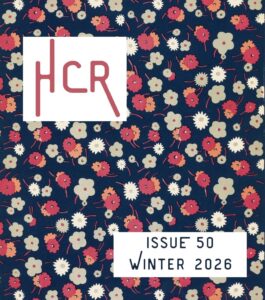
 You’ve been involved with the indie small press world for a long while, and in recent years you started publishing poetry, fiction, and essays under Gutter Snob Books and Roadside Press (among others). What inspired you to begin these presses? Zygote in my Coffee/Tainted Coffee Press, Red Fez Publications, Punk Hostage Press… there’s a pretty long list of free-wheeling organizations that inspired me. The DIY Press. The Literary Underground. I’ve always had a healthy love of books. Combine that with all the talent I found in the small press, and I just had to wonder what I might be able to contribute as a publisher. Plus, all these little presses that promised to publish my chapbooks kept shutting down! It seemed like a good thing to obsess over. Little did I know, this would be a lifelong obsession.
You’ve been involved with the indie small press world for a long while, and in recent years you started publishing poetry, fiction, and essays under Gutter Snob Books and Roadside Press (among others). What inspired you to begin these presses? Zygote in my Coffee/Tainted Coffee Press, Red Fez Publications, Punk Hostage Press… there’s a pretty long list of free-wheeling organizations that inspired me. The DIY Press. The Literary Underground. I’ve always had a healthy love of books. Combine that with all the talent I found in the small press, and I just had to wonder what I might be able to contribute as a publisher. Plus, all these little presses that promised to publish my chapbooks kept shutting down! It seemed like a good thing to obsess over. Little did I know, this would be a lifelong obsession.

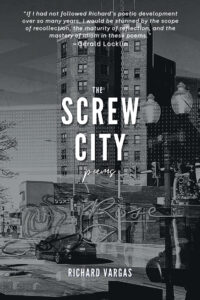
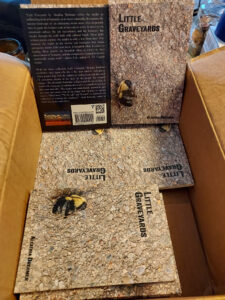
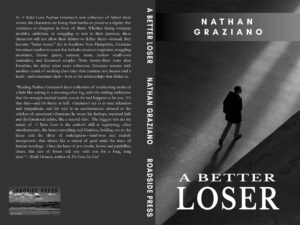 New Hampshire’s Nathan Graziano returns with another cast of unforgettable characters in a new linked story collection 23 years after his debut, ‘Frostbite’.
New Hampshire’s Nathan Graziano returns with another cast of unforgettable characters in a new linked story collection 23 years after his debut, ‘Frostbite’.
